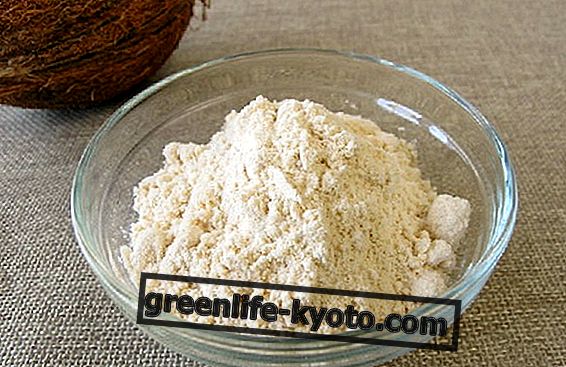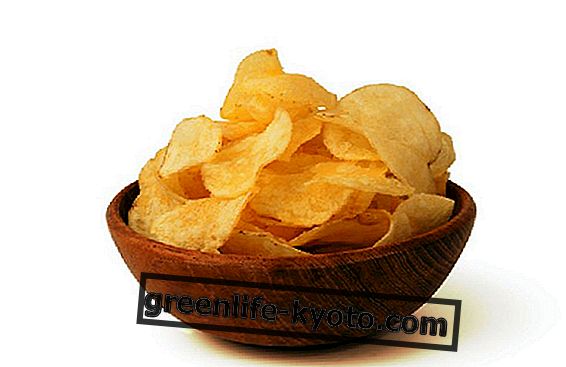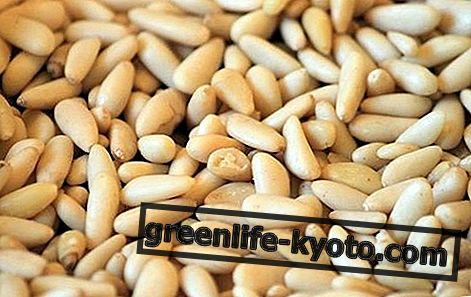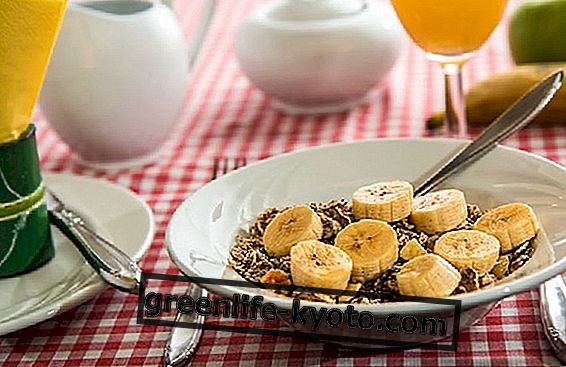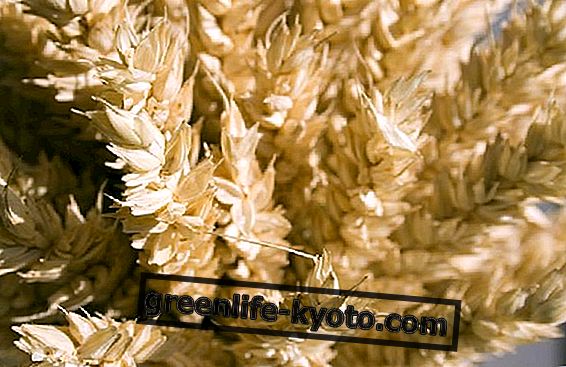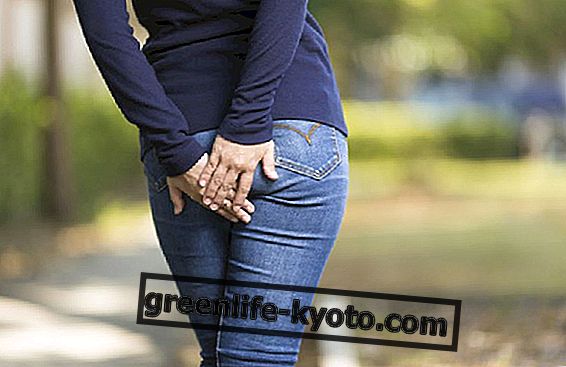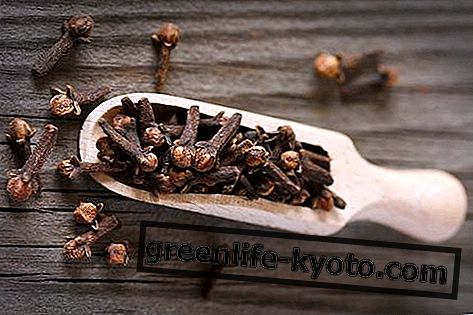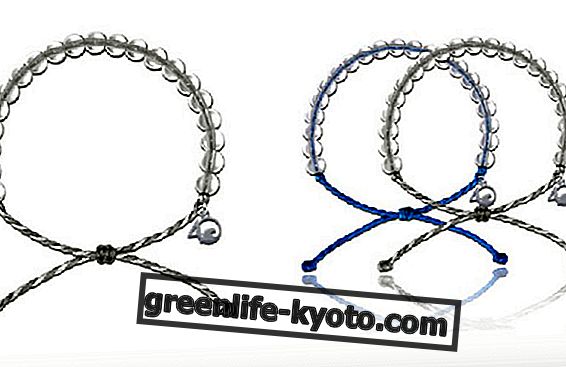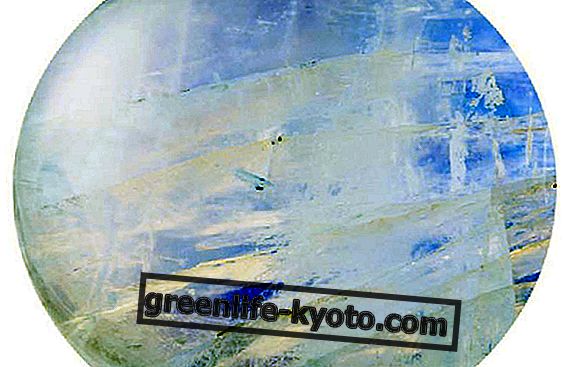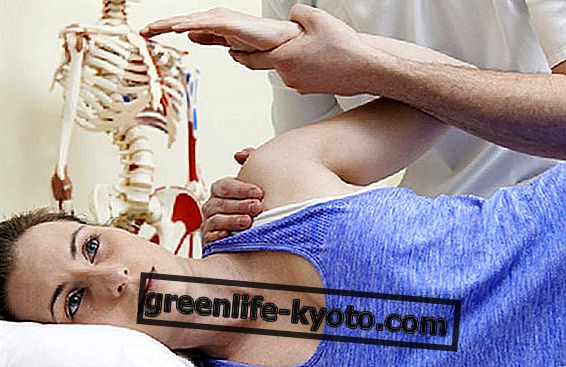
Bruxism = teeth grinding ! It has now been counted as a pathology of the teeth and its mechanics involves rubbing the teeth of the upper arch with those of the lower arch.
This phenomenon occurs in a totally unconscious manner, generally at night, during sleep and falls between the so-called parasomnias, and in some subjects with very serious neurological problems even during the day.
Bruxism is given by the contraction of the maxillary muscles in alternating mode, and can last from 5 to 10 seconds: it leads to a stiffening of the neck muscles, a total mandibular-jaw occlusion, a stress of the trigeminal nerve and a constant wear of the tooth surface.
Let's see what the causes can be and how nature helps us solve this problem.
The causes of bruxism
There are no precise indications on the causes underlying this phenomenon. We can move more comfortably in the field of psychosomatics and hypothesize that there may be psychic components that manifest themselves in moments of non-control, such as sleep, when the unconscious is free to express its emotions.
Periods of strong tension and stress, unexpressed anger, difficult conditions and frustrations for not having said, spoken, shouted may be some of the motivations that lead to constantly grinding one's teeth.
We can therefore act on the central nervous system with remedies able to calm the emotional load, facilitate restful sleep and improve rest.
Remedies for bruxism
The mechanics of teeth grinding must be cushioned by the use of a byte . In the pharmacy soft bytes are found, easily adaptable to the dental arch, otherwise it would be much better to rely on an orthodontist to verify occlusion problems and structure a byte perfectly suited to the patient's dental conformation.
The costs are certainly different, but also the results in terms of alignment of the teeth and protection of enamel and gums.
Alongside this dutiful intervention, we can act with the introduction of some natural remedies designed to relax from emotional tensions, stress, unexpressed anger.
Melissa
Lemon balm is a herbaceous plant with broad spectrum effects. In addition to performing an antispasmodic and anti-inflammatory action, thanks to the presence of essential oils it is an excellent sedative for the nervous system and a muscle relaxant .
Particularly suitable therefore for the problem we are dealing with, bruxism, without nervousness, helps in cases of insomnia or poor quality of sleep, irritability.
How to use : we can use lemon balm in hydroalcoholic extract: 20 drops in a little water 3 times a day and 40 drops before going to sleep.

Hop
Hops belongs to the Cannabaceae family and its properties are linked to the action it has on the nervous system: it is a hypno-inducer and sedative, indicated to counter insomnia, muscle-tension headaches and psychosomatic problems, like gastritis and colitis.
How to use : about 5 grams per 250 ml (2 cups) of water can be taken in herbal tea, 2 times a day plus 1 cup in the evening before bedtime.

Tilia Tomentosa
It is the gemmoderivato of the Tiglio and is considered a natural tranquilizer . It acts on the neurovegetative system, on the heart and the arterial system, expounding a hypnoinducing, anxiolytic, antispasmodic and calming action. It is indicated in cases of insomnia, stress, anxiety, nervousness and sudden mood changes; it is useful for those who suffer from restless leg syndrome and bruxism.
Directions for use : 40 drops can be taken 3 times a day in a little water . The bud derivatives can also be taken sublingually, always diluted in a little water, thus favoring a faster first absorption.

Griffonia
Griffonia is a remedy indicated in cases of anxiety, depression, insomnia. Its seeds contain 5-HTP (5-hydroxytryptophan) the precursor of serotonin .
It acts on the mood, on the quality of the sonn or, regularizing the circadian rhythms, and on the nervous hunger and can represent a good remedy to quell the phenomena of bruxism.
Directions for use : it can be taken in dry extract 350 mg 2 times a day between meals.

Consequences of bruxism
Forms of headache, cervicalgia headaches, muscular pains at the facial level may occur; moreover the enamel becomes impoverished and is no longer able to protect the tooth from the attack of pathogenic germs; also the shape of the teeth changes, they become smaller, they weaken and the gums can start to ache due to crushing and possible infections that reach the soft tissue.
In short, the problem is constantly aggravating and we must run for cover as soon as we notice it. Often the first alarm bell throws him the partner who feels the annoying noise given by the rubbing of the teeth, otherwise the sense of morning soreness at the neck and face is one of the symptoms that must lead us to deepen.
Try also the foot reflexology for bruxism
To know more:
> Teeth, disorders and natural remedies

